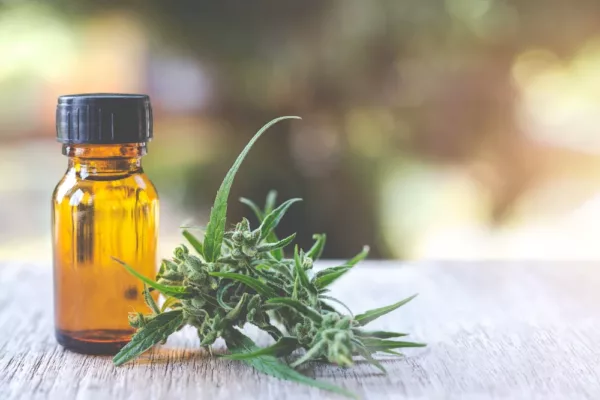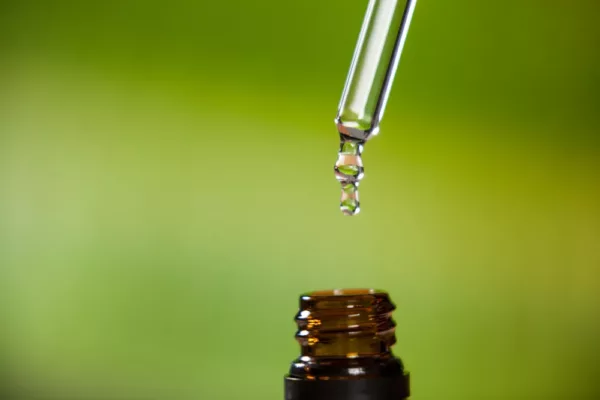Your basket is empty
Marketing CBD flowers officially legal in France
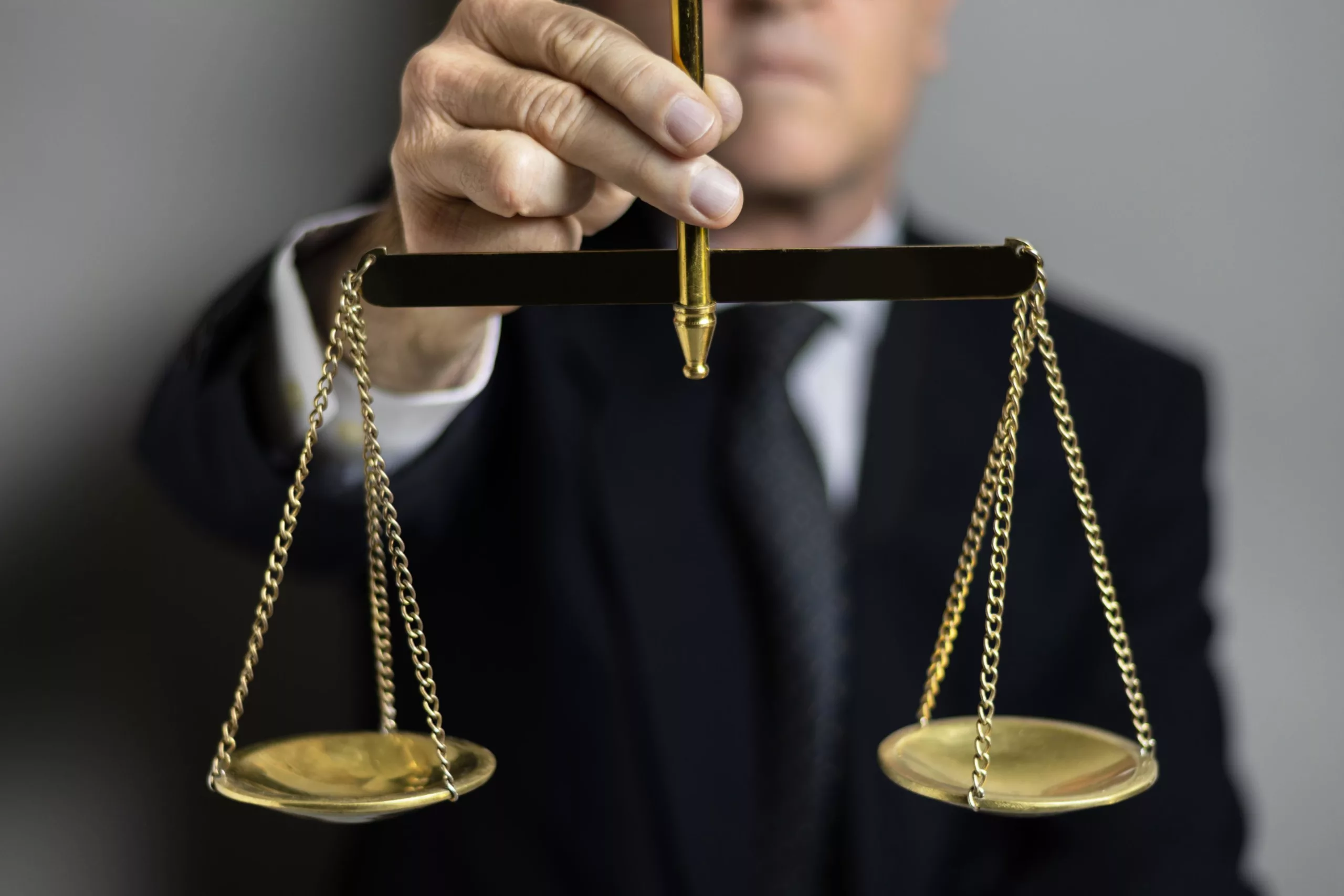
Among our dear French friends, the marketing of CBD flowers continues to fuel an intense legal and societal debate. After years of incessant back-and-forth between the European Union and France, the Conseil d'Etat recently annulled the government order banning the sale of CBD flowers. What was the origin of this ban, and why did the legal authorities decide to remove it? We tell you all about it.
What is CBD and how is it different from cannabis?
First of all, it's important to understand exactly what CBD is. CBD stands for cannabidiol, one of the many compounds found in hemp. Unlike tetrahydrocannabinol (THC), cannabidiol has no psychotropic effects and is not used recreationally. As a result, the recurring confusion between cannabis and CBD is irrelevant.
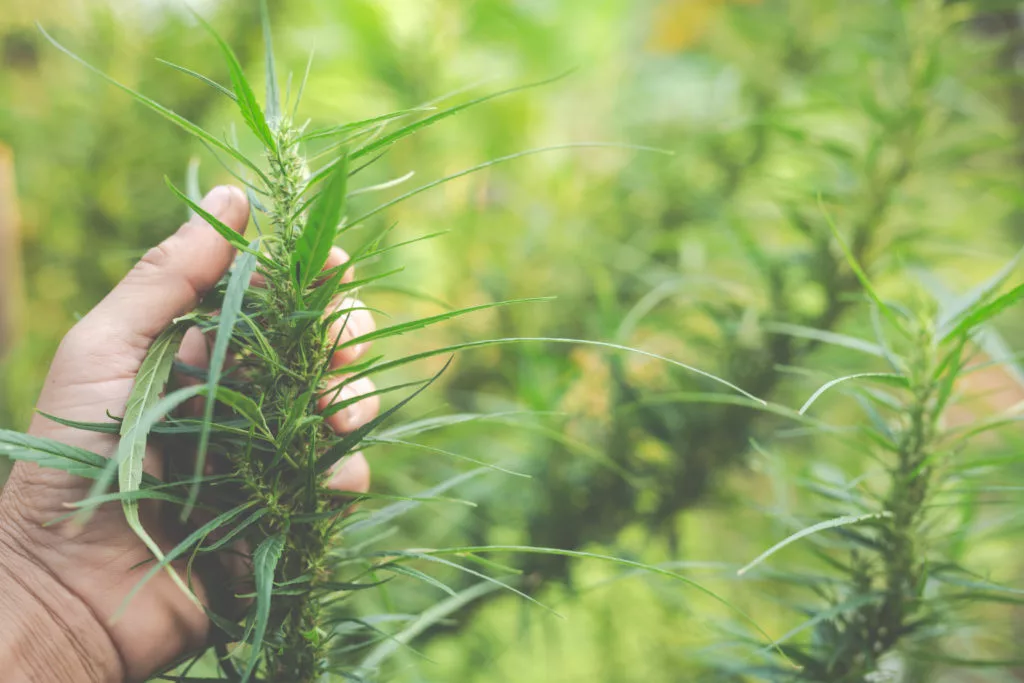
What is CBD flower?
CBD flower is the simplest form of cannabidiol. It is simply the flowers extracted from the hemp plant, without any processing. They contain varying levels of CBD.
Other types of CBD products include oils, capsules and topical creams. These products are made by extracting the CBD compound from hemp plants.
Why has France banned the marketing of CBD flowers?
The French government has long argued that it was necessary to ban the sale of CBD flowers, for several reasons.
The first of these reasons is the difficulty of controlling the THC content of a cannabis flower. Unlike processed CBD products, whose manufacturing process is regulated, CBD flowers can easily be mistaken for cannabis flowers. The complexity of this verification has long justified the ban. However, the sale of CBD flowers in sealed containers quickly presented itself as a solution to this problem.
The second reason given is consumer protection. Studies showing that CBD has no harmful effects on health would be too few to justify its legalization. A view not shared by most Western countries.
The final reason given is the way CBD flowers are consumed. Although they are often consumed vaporized, some users mix them with tobacco. In this way, CBD flowers run counter to the anti-smoking policy that has been in place for decades in France.
The role of the European Union in the legalization of CBD
The European Union has played a key role in the debate over the marketing of CBD flowers. Indeed, several European legal rulings, notably the Kanavape ruling of 2020, have reiterated that CBD cannot be classified as a narcotic if it is legally extracted in a member country.
This case law clearly influenced the position of the French Conseil d'Etat, which used these rulings to challenge the ban on the marketing of CBD flowers. The EU defends the free movement of goods within its common market, which includes CBD products that comply with authorized THC levels.
By harmonizing the rules governing the marketing of CBD flowers, it is pushing states to clarify their laws and adopt more consistent policies. In this way, the legality of CBD in France is part of a favorable European regulatory trend.
Marketing CBD flowers: the end of a long legal battle
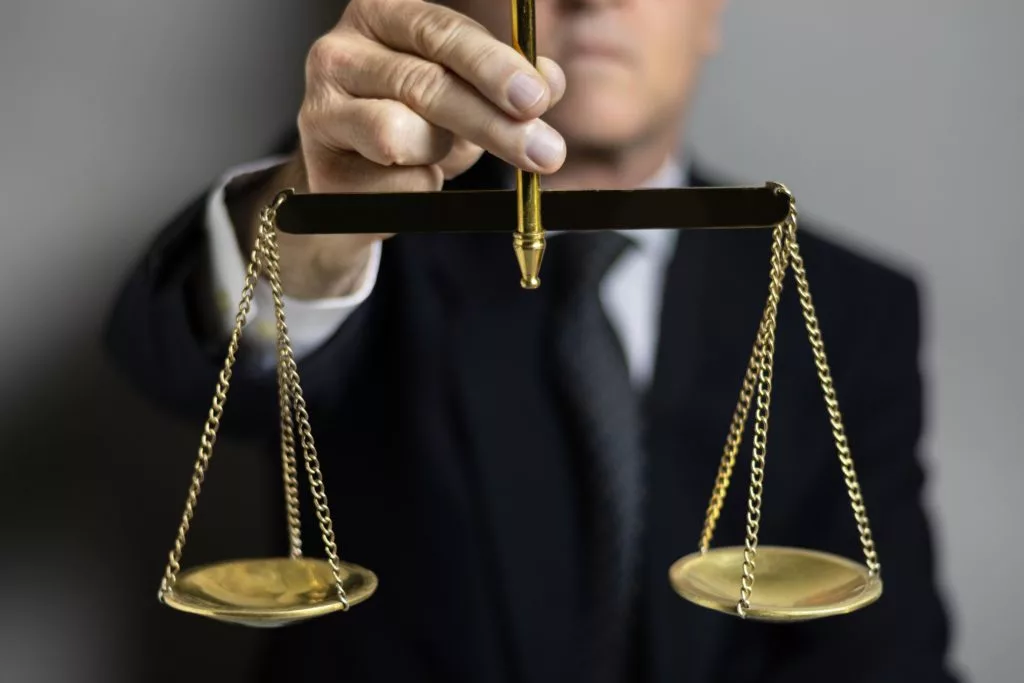
Buoyed by the worldwide emergence of CBD as a new "natural well-being" sector, a number of stores have opened in France in recent years.
The debate has been raging ever since.
Indeed, it is the psychotropic properties of cannabis that have made it a narcotic in the eyes of the law since the regulations of August 22, 1990. These psychotropic properties are linked to THC, which is virtually absent from CBD plants.
However, as soon as they opened, the first stores were the target of numerous searches, provoking indignation among retailers and consumers alike. But as of November 2020, these police interventions ceased following a decision by the European Court of Justice. The Court ruled that there was no justification for CBD to be considered a narcotic product. The Court of Cassation made this ruling final in June 2021.
Despite this ruling, France issued a decree in December 2021 authorizing the use of CBD products, but prohibiting the sale, possession and consumption of CBD flowers. This decree was directly challenged by the Conseil d'Etat in January 2022, contesting the legality of this measure.
On December 29, 2022, the Conseil D'Etat revoked the ban on the sale and use of CBD flowers, making them officially and definitively legal. A great relief for consumers on the one hand, but also for the many growers and merchants whose business was in jeopardy.
What regulations govern the marketing of CBD flowers today?
Since the Conseil d'Etat ruling, the marketing of CBD flowers in France is possible, but remains subject to strict conditions. To be legal, the flower must come from an authorized variety of hemp, contain a THC level of less than 0.3% and not claim therapeutic effects without validation from the ANSM (Agence nationale de sécurité du médicament).
In addition, labelling, traceability and product presentation are regulated to protect consumers. These regulations aim to secure the market while limiting the risk of confusion with illegal cannabis.
As a result, CBD flowers can be marketed transparently, in compliance with French and European standards. This regulation is a guarantee of seriousness for professionals in the sector, but also a step towards the standardization of CBD use in France.
How can I be sure I'm buying legal CBD in France?
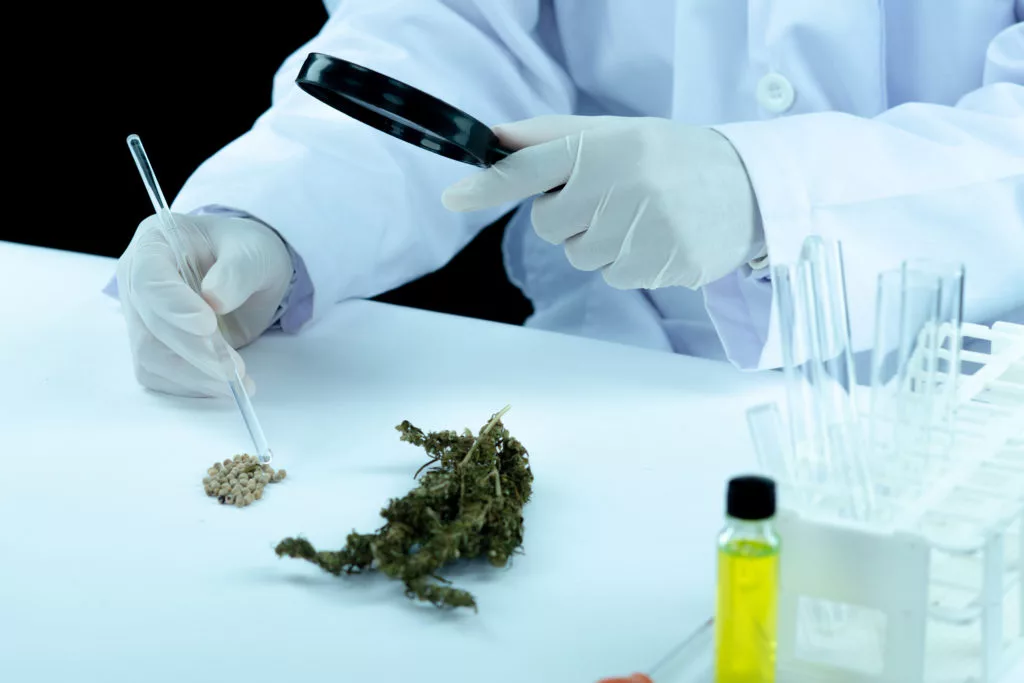
As you can see, from 2023 onwards, if you live in France, you can legally buy or sell CBD, provided, of course, that it complies with regulations. These are particularly strict: unlike Switzerland, which allows THC levels below 1%, the French limit is set at 0.3%.
In this context, how can you be sure you're buying the right product? If the CBD you have isn't legally authorized, you're in for trouble if you're inspected. It's therefore essential that you're certain the CBD you're buying complies with your country's regulations. This is the case with Naturalpes . Although produced in Switzerland, our CBD flowers, intended for shipment to France, strictly adhere to a THC content of 0.3%.
French CBD enthusiasts can take comfort in the fact that, now that this never-ending legal battle is over, they can rest assured that they will be able to consume their CBD flowers legally. Retailers can also rejoice: this ever-expanding market has a bright future ahead of it. Moreover, legalization will lift the stigma attached to this substance and encourage research into its benefits. So many reasons to welcome the end of the ban on the sale of CBD flowers in France.
The economic impact of marketing CBD flowers in France
The marketing of CBD flowers in France represents a new economic lever for many players:
- On the one hand, it offers opportunities for farmers, especially those wishing to convert or diversify their crops.
- On the other, it encourages the growth of specialized businesses, such as wellness boutiques and CBD shops.
According to some estimates, the CBD market in France could be worth several hundred million euros in the coming years. This dynamic is attracting more and more entrepreneurs, while creating new jobs.
By regulating this market, the state can also benefit from significant tax revenues. So, beyond the legal debate, the legalization and marketing of CBD flowers is part of a sustainable and structured economic development strategy for the country.
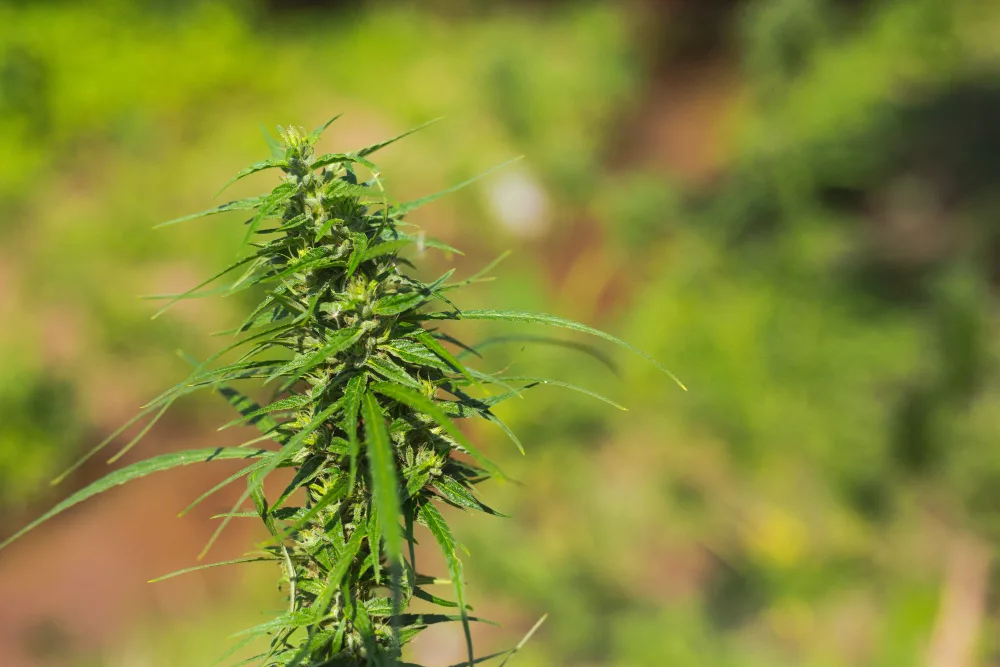
The changing profile of CBD flower consumers
With the legalization of the marketing of CBD flowers, the profile of consumers in France has broadened considerably. Once reserved for a highly targeted audience, CBD now attracts a more diverse clientele: young adults, urban thirtysomethings, senior citizens, sports enthusiasts or people seeking natural solutions for sleep or stress.
This change can be explained in part by better information on the potential benefits of cannabidiol, and by a shift in societal views. CBD is no longer seen as a marginal product, but as a wellness supplement.
Many consumers prefer flowers for their naturalness and aromatic richness. This democratization is fuelling a growing market and encouraging more responsible marketing of CBD flowers, based on quality, listening to consumers' needs and educating them.
Where to buy CBD flowers legally in France?
Since the legalization of the marketing of CBD flowers, several distribution channels have developed in France. It's now possible tobuy inexpensive CBD in specialized boutiques called "CBD shops", present in many cities, or via online sites offering a wide range of products at competitive prices.
These stores generally offer a wide range of hemp products, including flowers, oils, infusions and cosmetics. For those who prefer to buy online, many reliable e-commerce platforms have emerged, such as https://naturalpes.ch/.
Nevertheless, it's important to check that the seller complies with French legislation, in particular the THC content of less than 0.3%. By choosing a serious retailer, consumers can buy with confidence, in compliance with the laws governing the marketing of CBD flowers.
Criteria to check before buying CBD flowers
Legal or not, buying CBD flowers requires a certain amount of vigilance. Not all products are created equal, and it's essential to be aware of quality criteria:
- The first thing to check, of course, is the THC level, which by law must remain below 0.3%.
- Next, make sure the flowers come from hemp grown without pesticides or chemical fertilizers.
Serious sellers generally offer laboratory certificates of analysis, proving the purity and composition of their products. The drying method, visual appearance, fragrance and terpene content are also indicators of quality.
Finally, the retailer's transparency about theproduct's origin (France, Switzerland, Italy...) can also be reassuring. Buying legally also means getting informed and choosing products from an ethically-supervised CBD flower trade.
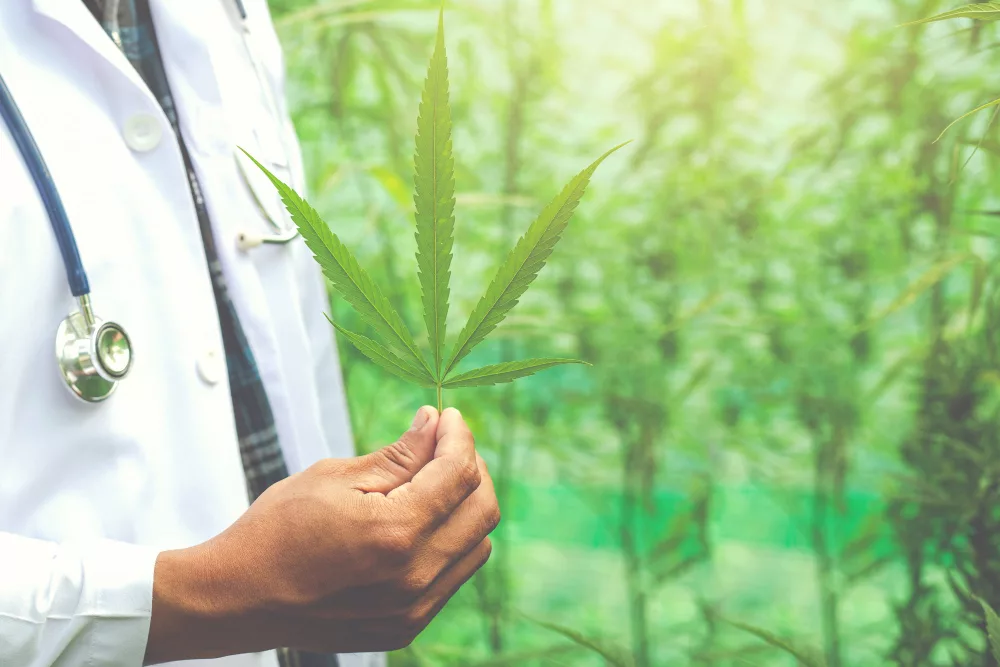
Who can buy CBD flowers in France?
In France, the marketing of CBD flowers is now legal, but their purchase remains regulated. For the time being, the law only allows people of legal age to purchase these products. You must be at least 18 years old to legally purchase CBD flowers in a shop or online.
What's more, sellers are required to verify the age of their customers, particularly in physical stores. On the Internet, this verification is generally ensured by a sworn declaration or a check on delivery. It is important to note that the marketing of CBD flowers remains prohibited in certain sensitive areas, such as schools.
Precautions to take when buying CBD online
Marketing CBD flowers online offers convenience and discretion, but requires a few precautions. First of all, it's essential to choose a reliable, well-established site, clearly displaying its SIRET number and legal information.
A good e-commerce site should also offer laboratory analyses for each of its products, to guarantee correct THC levels and the absence of contaminants. The best CBD products in Switzerland are distinguished by their quality of manufacture, which is often governed by strict standards.
Buying CBD online may seem straightforward, but certain precautions are essential to avoid unpleasant surprises. As the marketing of CBD flowers is governed by strict regulations, it's crucial to ensure that the seller complies with French legislation, in particular by offering products with a THC content of less than 0.3%. Always check for laboratory analysis and detailed product sheets.
A serious site should also offer clear terms and conditions, a precise return policy and responsive customer service. By taking these precautions when buying CBD online, you're putting the odds in your favor for a safe, legal and satisfying experience.
Customer reviews, delivery and return conditions are also valuable indicators. It's not advisable to buy from platforms that aren't transparent, or that are too tempting in terms of price. Proper marketing of CBD flowers depends on transparency, traceability and security. By taking a few minutes to check these elements, consumers can be sure of a legal purchase with no nasty surprises.

